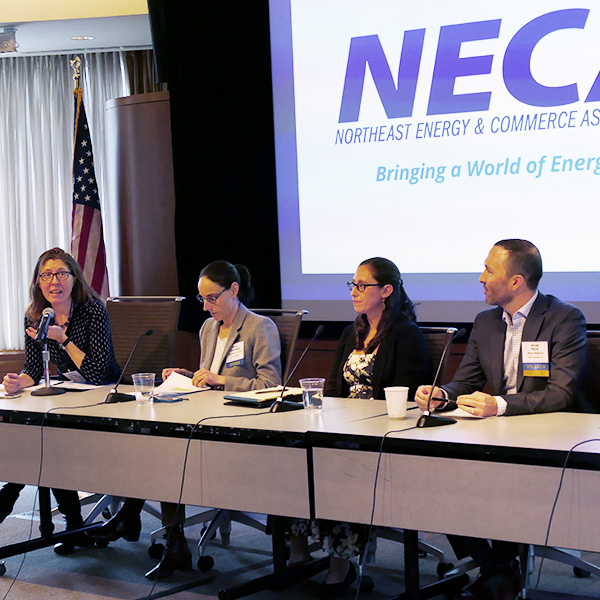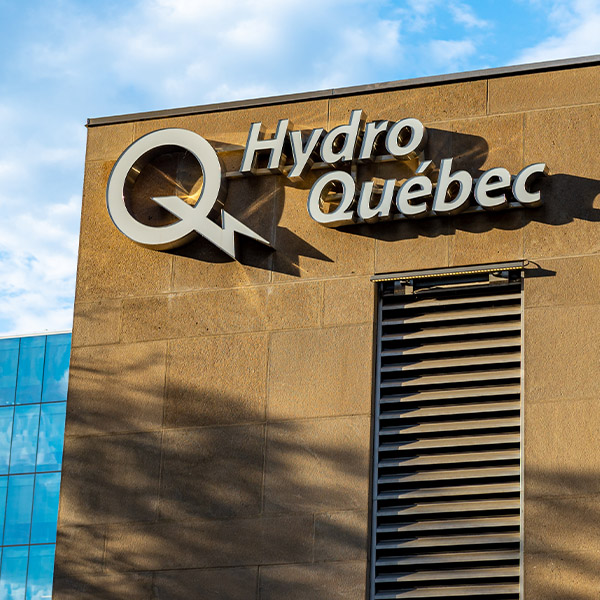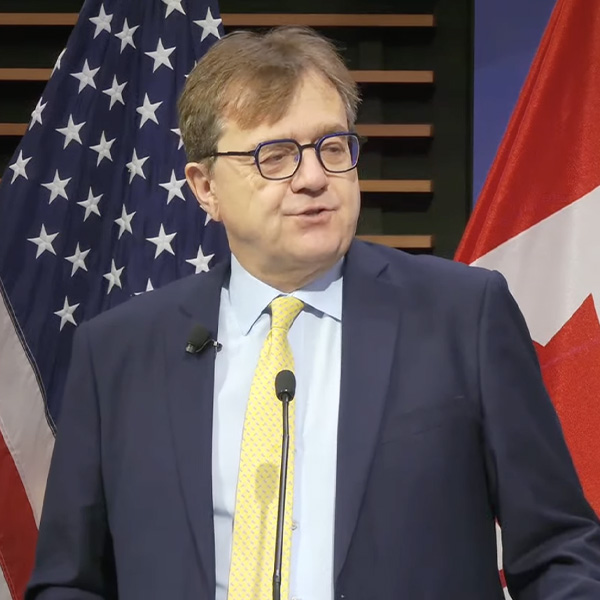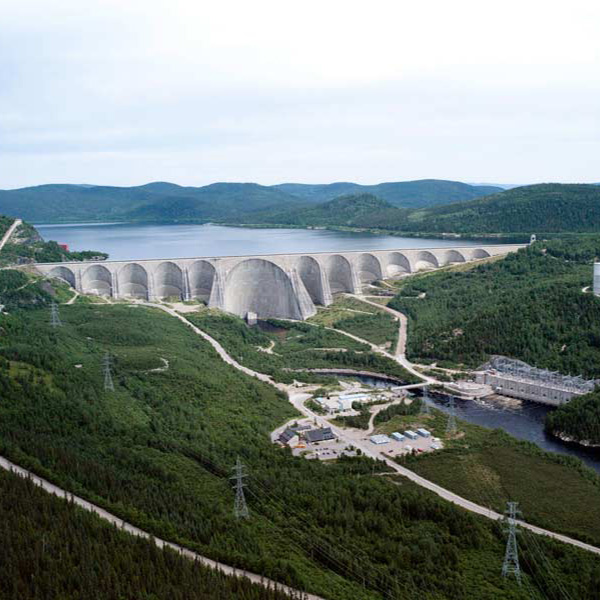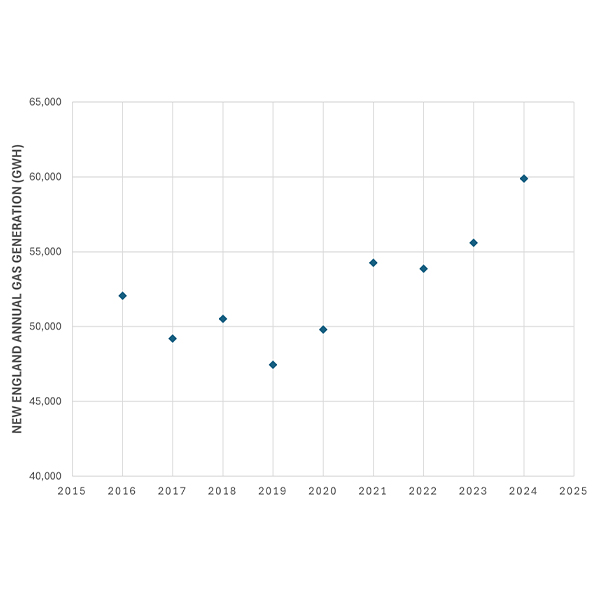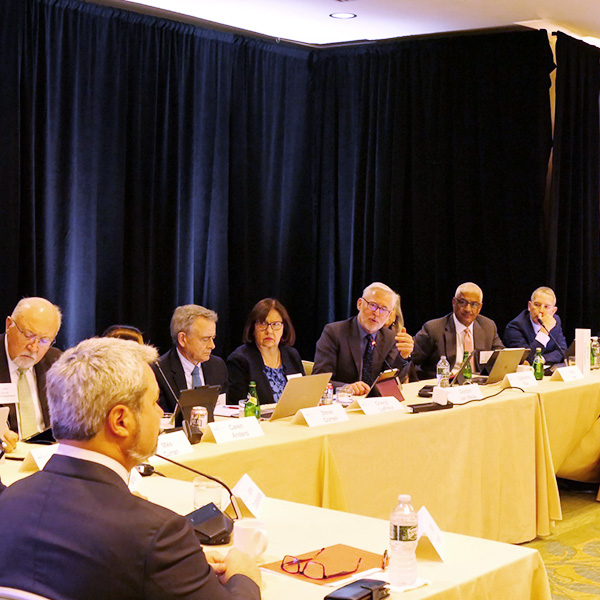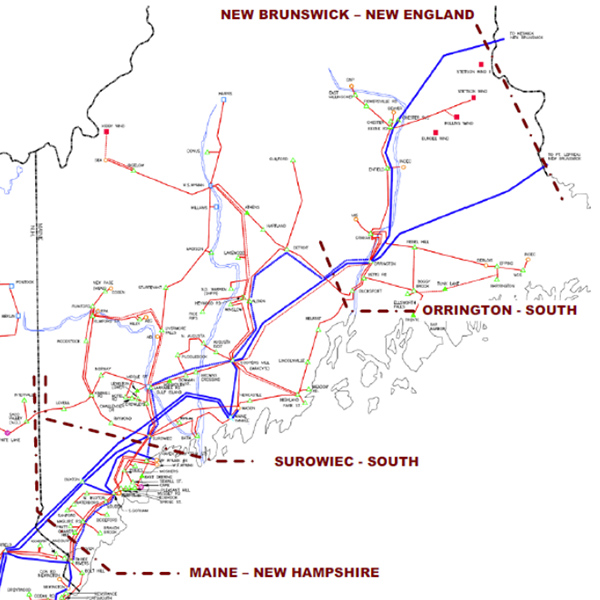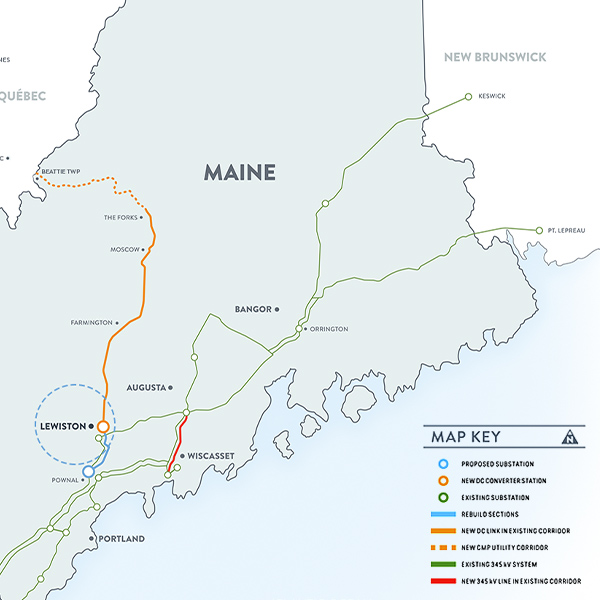Hydro-Quebec
Uncertainty around federal funding, permitting approvals and tariffs is creating major challenges for clean energy development in the Northeast, industry representatives said at NECA’s annual Renewable Energy Conference.
ISO-NE requested authorization from FERC to collect import tariffs while simultaneously arguing that the RTO “is not the appropriate entity” to do so.
A North American trade war was delayed for a month at least as Canada and Mexico struck deals with President Trump that delayed potential tariffs for a month.
As the Trump administration forged last-minute agreements with Canada and Mexico to postpone steep new tariffs, the energy industry fretted about potential fallout for cross-border supply chains and wholesale electricity markets.
As overall power production ticked up in New England in 2024, natural gas generation reached its highest annual total in the region’s history, accounting for over 55% of all generation and 51% of net energy for load, according to new data from ISO-NE.
ISO-NE’s multiyear effort to overhaul its forward capacity market likely will continue to dominate ISO-NE and NEPOOL work in 2025.
While 2024 brought notable success on state-level climate policy in Massachusetts, 2025 brings significant uncertainty regarding whether the change in federal administration will slow the momentum of the clean energy transition in the region.
Stakeholders expressed widespread support for the goals of NESCOE’s proposed procurement of transmission solutions in Maine and New Hampshire, while offering differing views on the scope and format of the solicitation.
Energy leaders from the U.S. and Canada grappled with the challenges of balancing decarbonization and affordability at the New England-Canada Business Council’s Executive Energy Conference.
In an antitrust lawsuit filed in federal court, Avangrid accused NextEra Energy of conducting an “exclusionary and anticompetitive scheme” to stop a major transmission project connecting New England to Quebec.
Want more? Advanced Search
